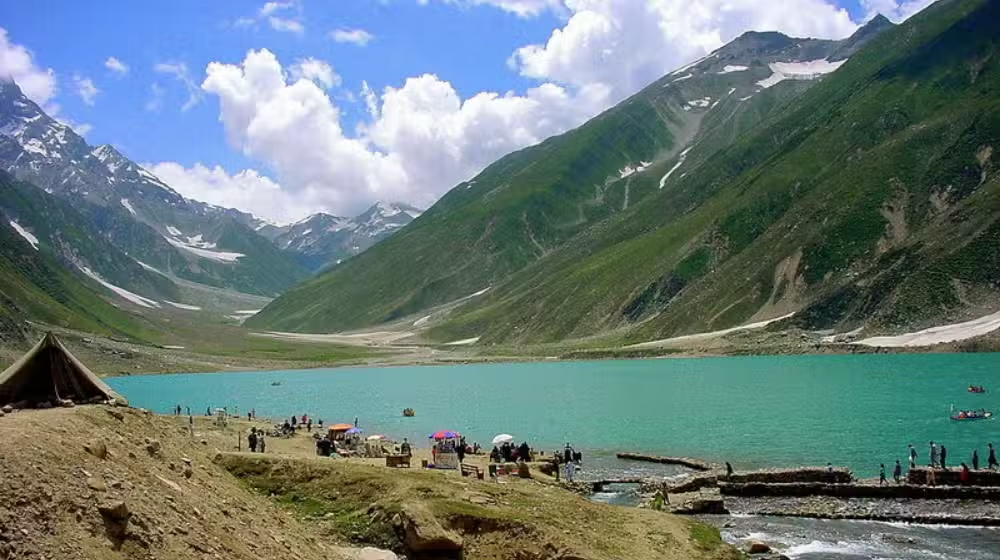Pakistan ranks 101st out of 119 countries in the Travel and Tourism Development Index (TTDI) released by the World Economic Forum (WEF). Within Southeast Asia, it fares better than Nepal (105th) and Bangladesh (109th) but lags significantly behind India (39th) and Sri Lanka (76th).
The TTDI is part of the WEF’s broader effort to promote a more sustainable, inclusive, and resilient future for economies and local communities through collaboration with industry and government stakeholders. Classified as a lower-middle-income economy, Pakistan belongs to the Asia-Pacific regional group.
In the Middle East, the United Arab Emirates leads the rankings at 18th, followed by Saudi Arabia (41st), Qatar (53rd), and Bahrain (81st). The United States tops the global list, followed by Spain, Japan, and France. The top ten are rounded out by Australia, Germany, the United Kingdom, China, Italy, and Switzerland. Notably, the top 30 countries account for over 75% of the travel and tourism industry’s GDP in 2022 and 70% of GDP growth from 2020 to 2022, while the lower-ranked countries are primarily in Africa. Leading countries in the TTDI rankings are recognized for their favorable business environments, liberal travel policies, robust transportation infrastructure, and diverse natural, cultural, and non-leisure attractions.
READ MORE: Government Reverses Decision on Petrol Price, No Rs. 15 Per Liter Reduction
Developed in partnership with the University of Surrey and with input from key travel and tourism stakeholders, thought leaders, and data partners, the TTDI evaluates various factors and policies that support the sustainable and resilient growth of travel and tourism. The latest report indicates a global rebound in the travel and tourism sector from the lows of the COVID-19 pandemic, even surpassing pre-pandemic levels in some instances. However, despite this positive trend, the WEF report highlights ongoing challenges for the industry, including global inflation, conflicts, and environmental issues such as wildfires in tourist destinations.
The report also anticipates that geopolitical tensions, macroeconomic uncertainties, and potential challenges arising from artificial intelligence could further impact the travel and tourism industry in the coming years. While developing economies like Pakistan have improved their TTDI scores, significant investment is still needed to enhance tourism conditions.



